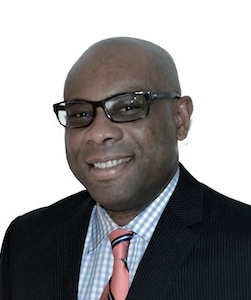
Making the Case for Thought Leaders
Jemila Abdulai | April 12, 2015
Responding To: Week 11: Beyond Economics
Kailee Jordan and Noureen Ramzy
Over the last 10 weeks, the Global Future of Development blog series has explored several issues in the development space. Topics ranged from climate change, income inequality, and resource constraints to urban issues, migration, extremism, and civil society. Too many of these issues are tackled top-down but solutions - that work and continue to do so - need to be far more informed by local needs, from the ground-up.
The way to make this transition from the international to the local is to focus on cities. By 2050, five billion people will be living in cities, meaning that the majority of the world’s population will be based in urban settings. If local voices and actors should have priority, cities are the best place to start. Take for example, participatory urban upgrading taking place in Cairo, implemented through a partnership between local and international civil society groups. Or women’s safety audits being implemented in Nairobi, to address gender based violence in city spaces. Not only do cities provide opportunities for dynamic solutions; they will also be the spaces where the development problems of this generation are played out. The rise of slums, income inequality, unequal access to social services, lack of sanitation facilities - these issues will all come to a head in urban environments. If we want to tackle the grand challenges of our time, such as poverty or urban violence, we don’t need to look further than the fragile cities in front of us.
The current ‘mental model’ of development needs to be reconfigured. Trickle down development methods may have been the norm in the past, but the shift from the global to local needs to be prioritized and accelerated. Bringing inclusive cities and urban solutions to the fore may just be the tipping point for the renewed momentum we’ve been looking for.
Kailee Jordan is a graduate student pursuing her Master’s in global affairs at the University of Toronto. Jordan has interned at UN Women in Tanzania and has worked with organizations such as International Volunteer Network and Burnaby Youth Custody Services. Noureen Ramzy is a graduate student pursuing her Master’s in global affairs at the University of Toronto. Ramzy has interned with the UN Development Programme in Cairo and worked with Intel Corporation Egypt.

Jemila Abdulai | April 12, 2015

Lauren Corke | April 12, 2015

O. Felix Obi | April 12, 2015